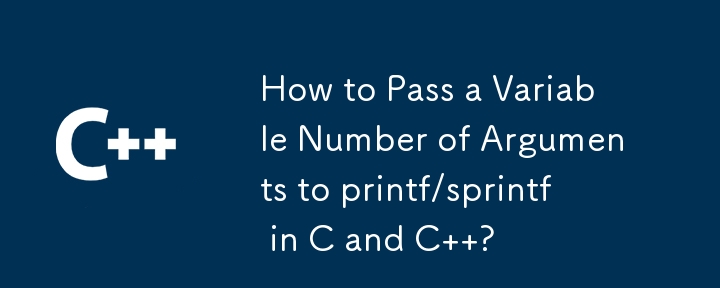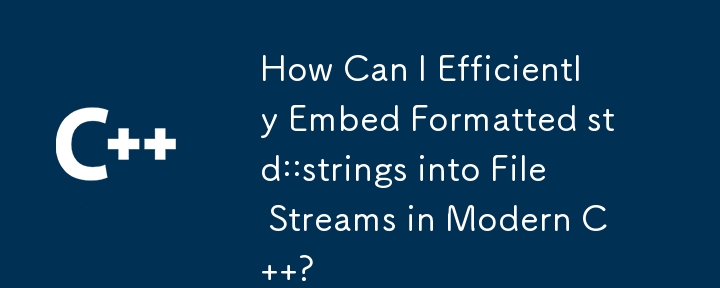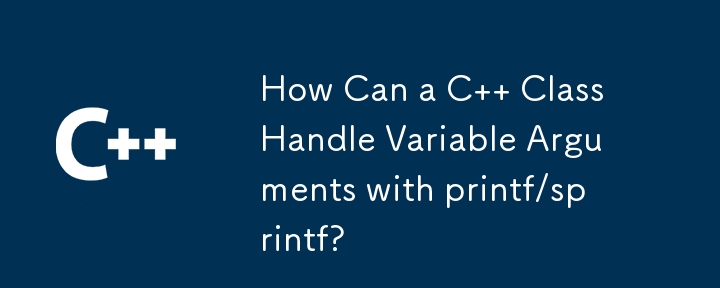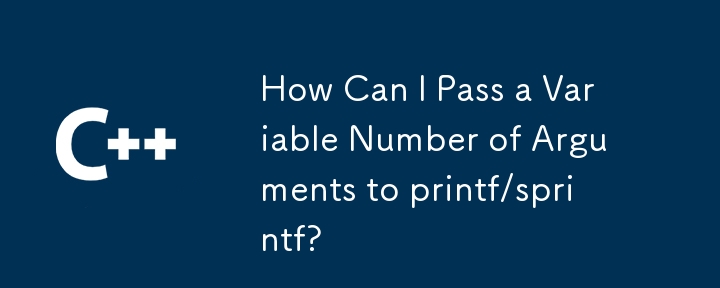Found a total of 10000 related content







How do I format output in PHP using printf() or sprintf()?
Article Introduction:PHP's printf() and sprintf() functions provide fine control over variable display through format specifiers. printf() directly outputs the formatted string, while sprintf() returns the string for subsequent use. The format specifier includes optional parameter index, flag, width, precision and type, such as %d represents an integer and %.2f represents a floating point number that retains two decimal places. Common use cases include numerical formatting with padding and precision, text alignment, and reuse of parameters in different orders. Notes include ensuring that the format specifier matches the number of parameters, avoiding data truncation caused by type mixing, and prioritizing the use of special functions to handle localized values. Example: printf("d",7)
2025-06-29
comment 0
445

PHP sprintf format examples
Article Introduction:The sprintf() function in PHP is used to format strings and return results. 1. Format numbers to be formatted as fixed decimal places, you can use %.2f, %.1f and other formats to automatically round; 2. Complement and width control can be implemented through d or M, indicating complementary or fill spaces respectively; 3. String truncation and splicing use %.10s or .10s to limit length and alignment; 4. When using multiple parameters in a mixed manner, %s, %d, and %f correspond to strings, integers, and floating-point numbers, respectively, and the order must be consistent. This function is very practical in generating logs, reports and other scenarios, making the code more neat and controllable.
2025-07-11
comment 0
832


Working with Strings in PHP
Article Introduction:PHP often uses dot styling, sprintf formatting, strpos search, str_replace replacement, trim cleaning, htmlspecialchars anti-XSS, and urlencode encoding. 1. Use . or sprintf() for splicing; 2. Use strpos() for search, and replace str_replace() for str_replace(); 3. Use trim(), strip_tags(), and htmlspecialchars() for cleaning; 4. Use mb_convert_encoding() for encoding and conversion, and use urlencode()/urldecode() for URL encoding and decoding.
2025-07-15
comment 0
822

How to Add Hours to a Date in PHP?
Article Introduction:Add Hours to Date with PHPTo manipulate dates and times in PHP, you can utilize the date(), strtotime(), and sprintf() functions. Here's how you...
2024-11-04
comment 0
418

How to Join Subqueries in Doctrine DBAL?
Article Introduction:This article presents a workaround for joining subqueries in Doctrine DBAL. By wrapping subquery SQL in brackets and using the sprintf() function, it can be joined as a regular table, enabling complex query translations from Zend_DB to Doctrine 2.5 D
2024-10-24
comment 0
911



















